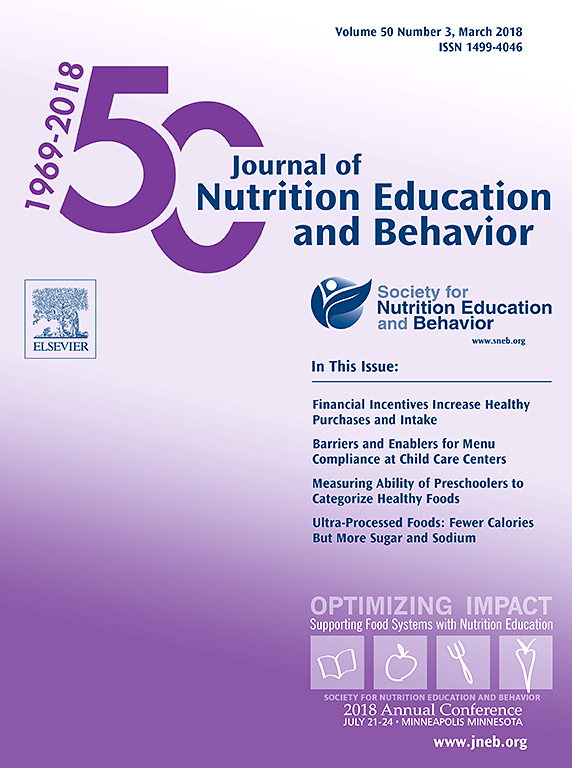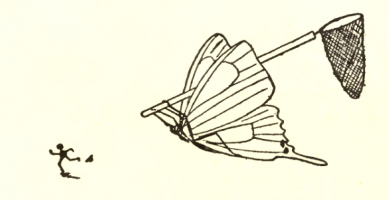We are pleased to present an excerpt from The Predatory Paradox: Ethics, Politics, and Practices in Contemporary Scholarly Publishing by Amy Koerber, Jesse C. Starkey, Karin Ardon-Dryer, R. Glenn Cummins, Lyombe Eko, and Kerk F. Kee, published by Open Book Publishers, October 2023.
In 2015, Johannes Bohannon, along with three coauthors, published an article titled ‘Chocolate with High Cocoa Content as a Weight Loss Accelerator’ in the International Archives of Medicine. The article reported results from a study that divided participants into three groups, with a different diet assigned to each group, and concluded that ‘Subjects of the chocolate intervention group experienced the easiest and most successful weight loss’ (p. 1).
In a personal account published later, journalist John Bohannon described the article as an intentional hoax that he and his coauthors had carried out in response to a request from a German film crew who was making a documentary on the ‘junk-science diet industry.’ To implement the hoax, Bohannon and his coauthors created an ‘Institute of Diet and Health’ that existed only as a website, and he assumed the name ‘Johannes Bohannon’ as lead author of the study. As he explained, the research reported in the article was actually conducted, but it was “terrible science,” including major flaws that would have been detected if the article had undergone a legitimate peer-review process.
Bohannon and his colleagues’ ‘Chocolate with High Cocoa Content’ article was retracted shortly after it was published, and the editors of International Archives of Medicine published a retraction notice dated 10 June 2015 (Editorial Office 2015). The editors’ decision to retract this article ostensibly served to correct the scientific record and prevent the erroneous data reported in the published study from being circulated in subsequent literature. This manner of correcting the scientific record is an important purpose of retractions, as defined by the Committee on Publication Ethics (COPE):
Continue reading A closer look at the ‘chocolate with high cocoa content’ hoax





 The New England Journal of Medicine has retracted a 2013 paper that provided some proof that the Mediterranean diet can directly prevent heart attacks, stroke, and other cardiovascular problems.
The New England Journal of Medicine has retracted a 2013 paper that provided some proof that the Mediterranean diet can directly prevent heart attacks, stroke, and other cardiovascular problems. Does incorporating gardens and their harvest into school-based nutrition programs help children get healthier? A 2017 paper claims it does, but a group of outside experts disagrees — strongly.
Does incorporating gardens and their harvest into school-based nutrition programs help children get healthier? A 2017 paper claims it does, but a group of outside experts disagrees — strongly.
